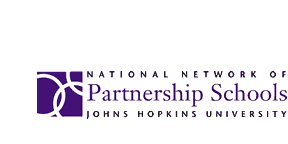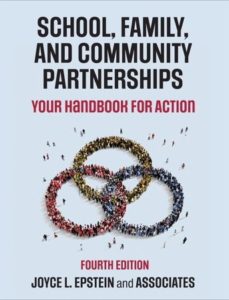Columbia, SC

SOAR into Summer Success—A Successful School Year Begins in the Summer
Each summer, students and teachers look forward to a well-deserved break. There is a tendency, however, for students to lose skills learned during the school year if they avoid them during the summer. This phenomenon, known as “summer slide” or “summer learning loss” requires teachers to provide students with remedial instruction when school starts in the fall. The losses may accumulate over time and contribute to an achievement gap between low- and high-income students. It is well documented that students who read, use math, write, think, and create during the summer are more likely to start strong in the new school year.
To minimize the summer slide, the district provided families with information and resources. SOAR Into Summer Success was a fun day of easy-to-replicate, enjoyable learning activities and games that would help children use some school skills during the summer. On a Saturday morning, the district Superintendent, staff, and volunteers welcomed over 400 parents and students to a festively decorated building at the local fairgrounds. Each parent received a bag full of books, activities, and other resources for their children. Volunteers were on hand to help. Schools at all levels, 11 district departments, and over 30 community members set up exhibits with information for families about summer programs and activities. All exhibitors and vendors created interactive, colorful, and engaging displays for attendees to try right there.
This activity is featured in Promising Partnership Practices 2018.
Developing and Sustaining Comprehensive School-Family-Community Partnership Programs
Richland One implemented a Cluster Support Model to align each school’s partnership program with its school improvement plan. Using the NNPS Framework of the Six Types of Involvement, the district’s Parent and Family Engagement Specialists guided groups of schools to strengthen their partnership programs. Each school planned ways to engage families and community partners in activities to increase student achievement, build parent leaders, ensure a welcoming school climate, and provide specialized assistance to families of students who needed extra help to attain grade level proficiency in specific subjects.
In addition, an NNPS Facilitator provided professional development, Developing and Sustaining Comprehensive School-Family-Community Partnership Programs, to ensure that all school teams could write goal-linked plans for partnerships. School principals received additional guidance, The Critical Role of the Principal in Building School-Family-Community Partnerships, to support their ATPs. The series of workshops ensured that principals and their partnership teams understood research-based approaches to write clear plans for family and community engagement, implement their plans, and continually improve their programs of partnership to increase student achievement.

